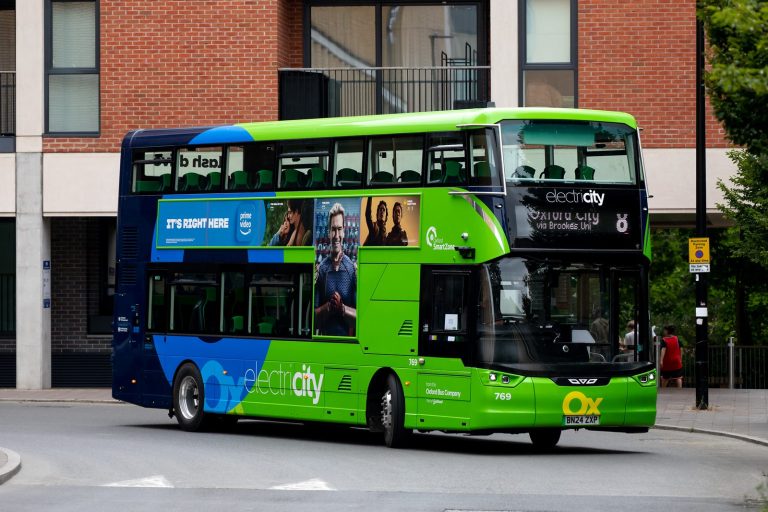CW: Mental Health, Suicide.
Around 12% of Oxford students have made use of Oxford University’s counselling services in the past academic year, Vice-Chancellor Irene Tracey said in her Oration this year. 2,000 staff have also received training to provide mental health support to students.
Last year, the University joined the University Mental Health Charter Program, an initiative by charity Student Minds to support universities in improving their mental health services. Tracey said that the Charter is a new commitment that will “strengthen” Oxford’s existing policies.
This is in line with the University’s pre-existing “Common Approach to Student Mental Health”, which commits to supporting the mental health and wellbeing of all students across the collegiate University, including through access to a range of specialist services such as counselling. The priority of the service is that all treatment be “efficient and focused”. As a result, the University acknowledges that students must use the NHS or private services for long-term talking therapy.
A uniform approach was implemented across colleges after a review into five student suicides in Cambridge, which concluded that a significant cause was “wide variations” in provision between colleges. Cambridge’s new updated policies on mental health are similar to the Common Approach in centralising the mental health provisions to provide a single university-wide standard.
A student who has accessed Oxford’s counselling services in the last year appreciated the speed at which they replied to her request. However, she expressed frustration over the limited time offered: “45 minutes every other week isn’t enough to form the sort of relationship that I needed to make any progress. Besides, after two sessions my counsellor told me that I wouldn’t need any further meetings and dismissed my feelings as ‘freshers’ anxiety’, despite me disagreeing.” The student told Cherwell that she went on to seek private counselling.
A 2023 investigation by Cherwell found that students did not believe that the University’s services were adequate to meet mounting mental health challenges.
A University spokesperson told Cherwell: “We take the mental wellbeing of our students very seriously and encourage those who are in need of support to access the extensive welfare provision available at both University and college level. A range of specialist support services for students who experience mental health difficulties is accessible via the Student Counselling Service as well as college Welfare Teams. Oxford’s Student Support and Welfare Services are committed to delivering timely, high-quality and effective support to all members of our student body who need information and support.”












